

Mon ami Batman Tremblay(2025)
Movie: Mon ami Batman Tremblay

Mon ami Batman Tremblay
HomePage
Overview
Release Date
2025-02-25
Average
0
Rating:
0.0 startsTagline
Genres
Languages:
FrançaisKeywords
Similar Movies
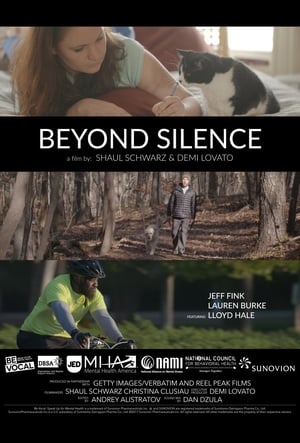 0.0
0.0Beyond Silence(en)
The lives of Jeff, Lauren and Lloyd—three very different people who share one common experience—have been transformed by speaking up for mental health. These inspiring stories depict what mental health in America really looks like and highlights just how important it is to speak up and seek help.
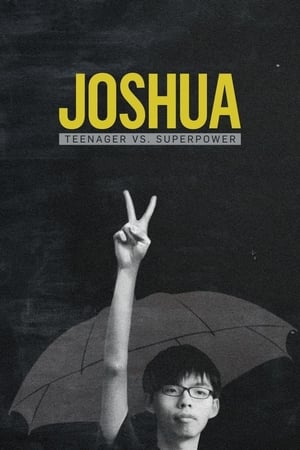 7.3
7.3Joshua: Teenager vs. Superpower(en)
When the Chinese Communist Party backtracks on its promise of autonomy to Hong Kong, teenager Joshua Wong decides to save his city. Rallying thousands of kids to skip school and occupy the streets, Joshua becomes an unlikely leader in Hong Kong and one of China’s most notorious dissidents.
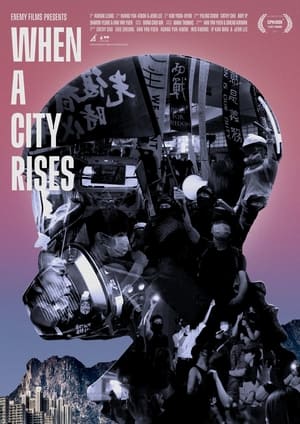 7.0
7.0When a City Rises(cn)
Behind the gas masks of Hong Kong’s democracy movement, the often very young activists are just as diverse as the youths of the rest of the world. But they share a demand for democracy and freedom. They have the will and the courage to fight – and they can see that things are going in the wrong direction in the small island city, which officially has autonomy under China but is now tightening its grip and demanding that ‘troublemakers’ be put away or silenced. Amid the violent protests, we meet a 21-year-old student, a teenage couple and a new father.
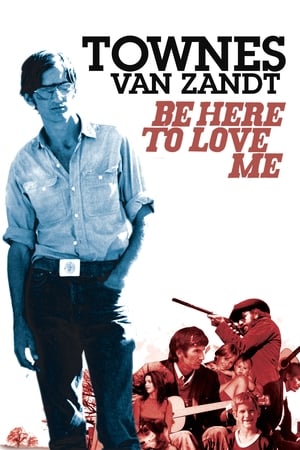 7.3
7.3Be Here to Love Me(en)
Chronicles the fascinating and often turbulent life of Townes Van Zandt.
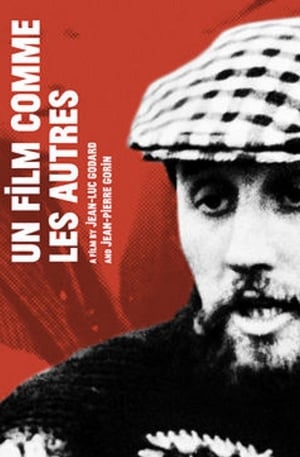 6.5
6.5A Film Like Any Other(fr)
An analysis of the social upheaval of May 1968, made in the immediate wake of the workers’ and students’ protests. The picture consists of two parts, each with with identical image tracks, and differing narration.
 7.2
7.2A Night of Knowing Nothing(bn)
L, a student in India witness to the government's violent response to university protests, writes letters to her estranged lover while he is away.
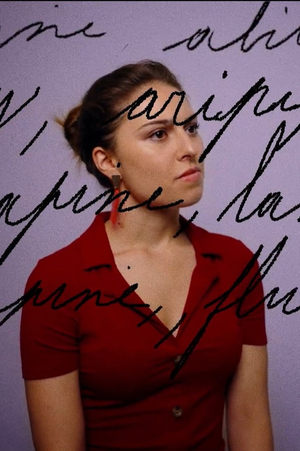 10.0
10.0Trust Me(en)
Animated short documentary following a young woman's diagnosis of bipolar: a journey of self-acceptance to challenge everyday stigma. In "Trust Me", a genre-bending short documentary, a young woman uses humour and compassion to share her moving and deeply personal story of coming to terms with her mental health condition. When she starts exhibiting atypical and extreme behaviour, her loved ones trick her into hospitalisation against her will. She is diagnosed with bipolar disorder which starts her challenging journey of self-acceptance, confronting internalised and societal stigma, and learning to trust herself and others again.
 7.0
7.0Deaf President Now!(en)
Discover the story of the greatest civil rights movement most people have never heard about. During eight tumultuous days in 1988 at the world's only Deaf university, four students must find a way to lead a revolution—and change the course of history.
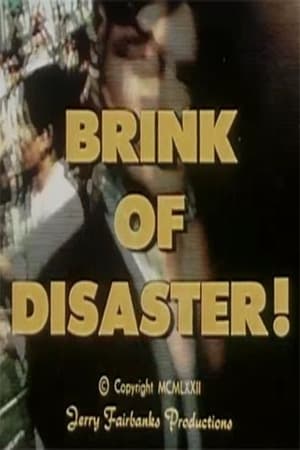 6.0
6.0Brink of Disaster!(en)
A student is held up in the library while a riot rages outside. As SDS protesters head to burn the library down, he has to fend them off with his baseball bat. This film opens with actual footage of civil disturbances in the 1960s, and moves on to images of historical American figures.
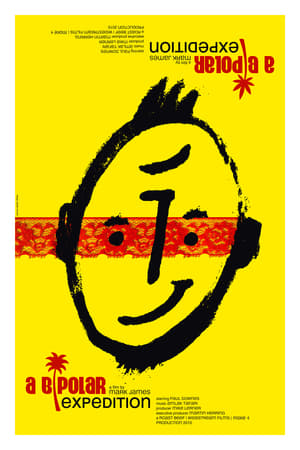 8.0
8.0A Bipolar Expedition(en)
Midland's businessman Paul Downes hires a castle in Jamaica and invites 12 young Ukrainian women to join him in the hope one will marry him. Paul suffers bi-polar disorder and has a manic episode - his plans turn bizarre and troubling.
June Turmoil(sh)
The film speaks of student demonstrations in Belgrade, 1969 and of the critical quality, enthusiasm and discipline of this form of protest. It was the most powerful public criticism of "red bourgeoisie" - members of communist apparatus, who suppressed creativity and affirmation of new generations throughout Eastern block.
 0.0
0.0ZAAD(nl)
ZAAD tells the autobiographical story of Dries Meddens. After the death of his mother, the care for Dries' bipolar father falls on his plate. He discovers how crudely and ruthlessly society and psychiatry treat patients. His father eventually dies in solitary confinement. While emptying his parent’s home, Dries discovers an old letter from his grandfather. The man appears to have led a busy, productive life. He is the founder of an internationally renowned seed breeding company and still has time to paint, write diaries and conduct intensive correspondence. Dries finds similarities between his grandfather, his father and himself. Slowly the fear grows that his father's psychiatric illness might be hereditary. Strolling through the family’s film and photo archives, with dramatic and sometimes hilarious finds, Dries tries to find answers. He also consults a psychiatrist. Together the consultations and reviewing of his archival material help Dries look at bipolarity with new eyes.
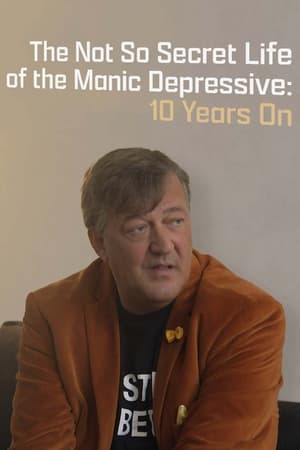 6.3
6.3The Not So Secret Life of the Manic Depressive: 10 Years On(en)
Ten years ago, in an award-winning series, Stephen Fry first spoke about living with manic depression and began a national conversation about mental health. A decade later, we return to the subject to understand where he and thousands of others diagnosed with bipolar (as it is now called) are now.
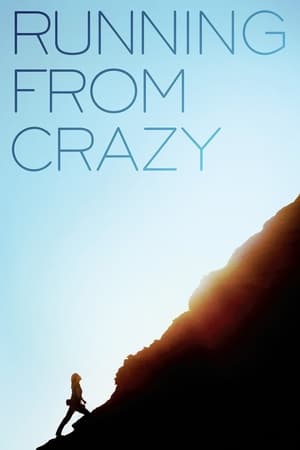 6.0
6.0Running from Crazy(en)
'Running from Crazy' is a documentary examining the personal journey of model and actress Mariel Hemingway, the granddaughter of Ernest Hemingway, as she strives for a greater understanding of her family history of suicide and mental illness.
 0.0
0.0Refuge(e)(en)
Refuge(e) traces the incredible journey of two refugees, Alpha and Zeferino. Each fled violent threats to their lives in their home countries and presented themselves at the US border asking for political asylum, only to be incarcerated in a for-profit prison for months on end without having committed any crime. Thousands more like them can't tell their stories.
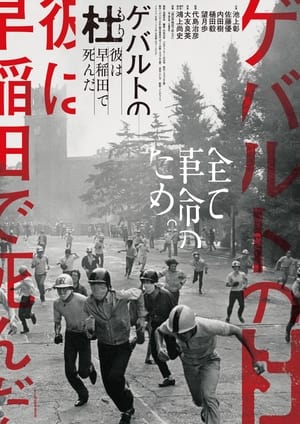 0.0
0.0Gewalt no Mori - Kare ha Waseda de shinda(ja)
A documentary about the end of the student movement in 1972 and the lynching of Daizaburo Kawaguchi, a student at Waseda University. The documentary interweaves testimonies from japanese intellectuals and a short play, written and directed by Shôji Kôkami, about the murder.
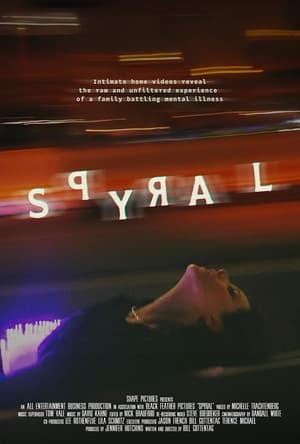 0.0
0.0Spyral(en)
Using a variety of sources, SPYRAL follows one bipolar woman and the impact it has on her family.
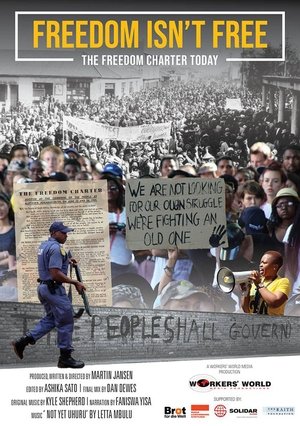 8.0
8.0Freedom Isn't Free — The Freedom Charter Today(en)
Since its adoption in June 1955 by the Congress movement, the Freedom Charter has been the key political document that acted as a beacon and source of inspiration in the liberation struggle against Apartheid. It was reputedly the main source that informed democratic South Africa’s liberal constitution and a constant reference point for the ruling African National Congress (ANC) and rival political parties that it spawned since 1994, all claiming the Freedom Charter’s legacy. Freedom Isn’t Free assesses the history and role of the charter, especially in relation to key political and socio-economic aspects of developments in South Africa up to the present period. It includes rare archival footage with interviews of a cross-section of outspoken influential South Africans.
 0.0
0.0Una Carta al ARPARO(es)
After noticing the shortcomings of its university BUAP by its students, it suffers its biggest unemployment in recent years. The faculty of plastic and audiovisual arts show the life they had and the ties that were formed during thirty-three days
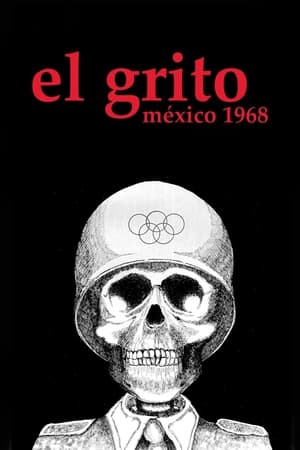 6.6
6.6El grito(es)
In the summer of revolt 1968, student Leobardo López Aretche captured the protests in Mexico City, and the state’s brutal response, up close – and like many of his subjects and fellow comrades, would pay a high price for his audacity. Fifty years later, his movie is no longer a secret.